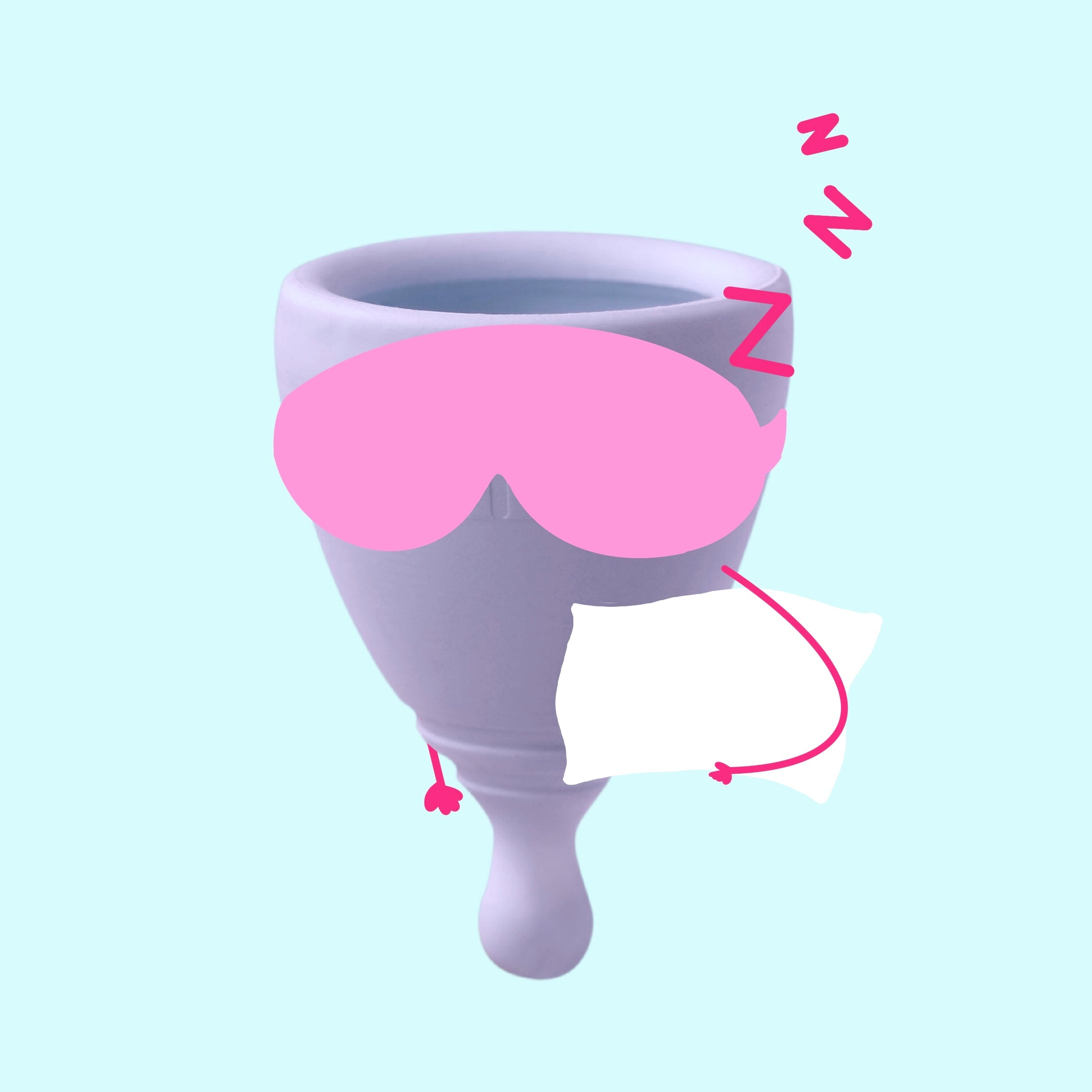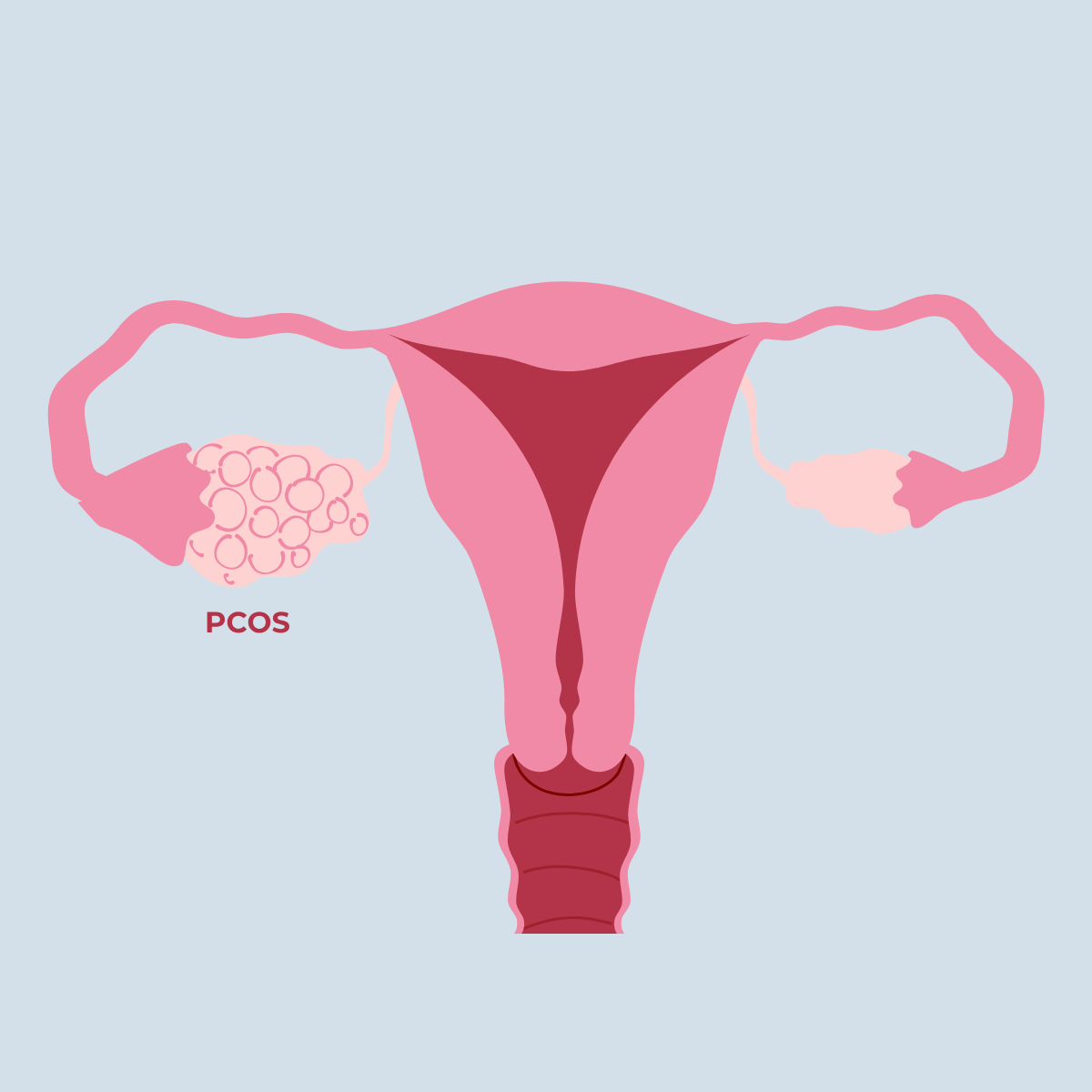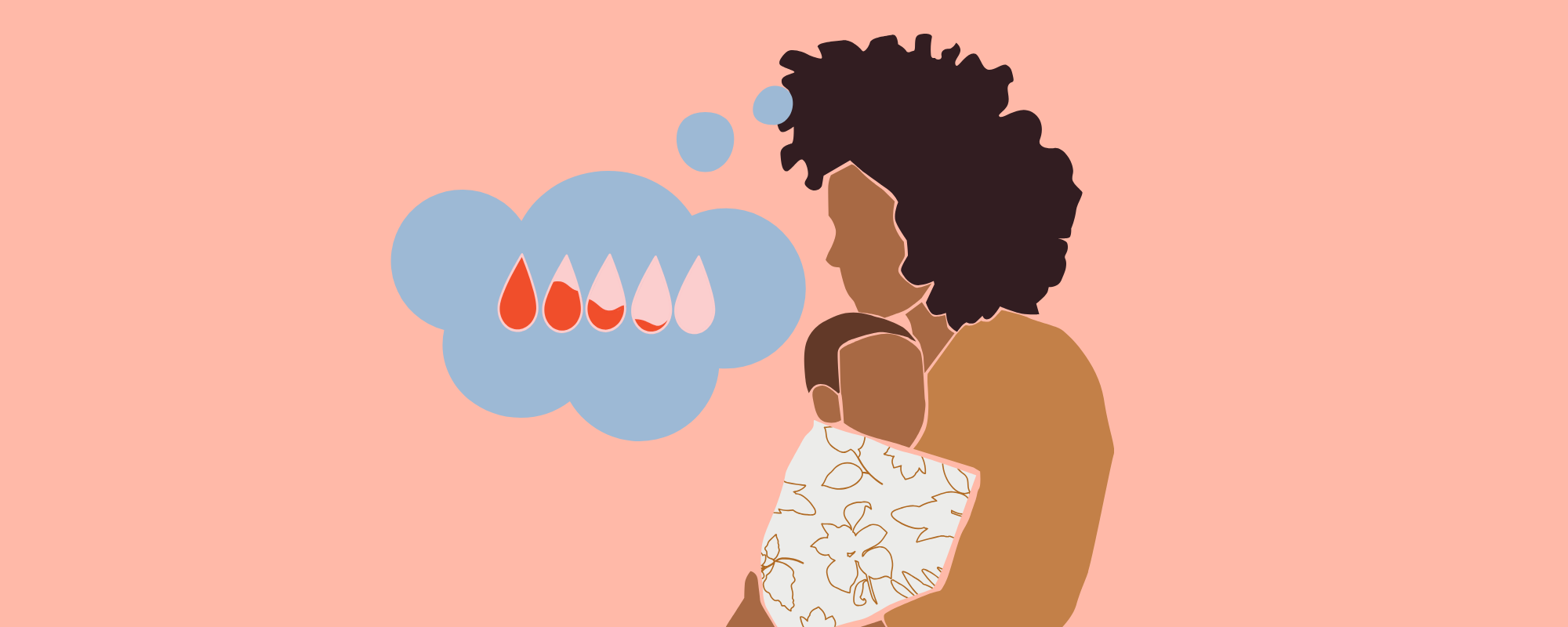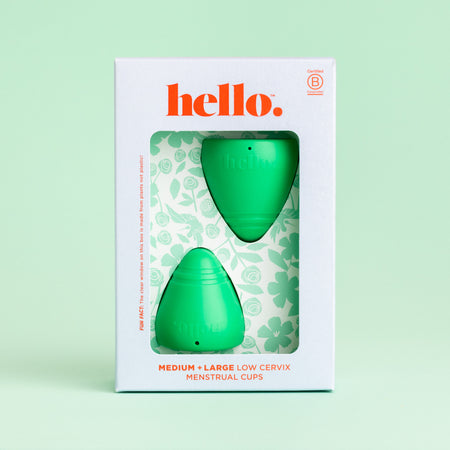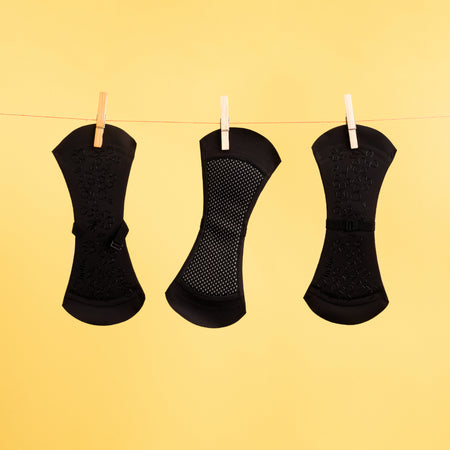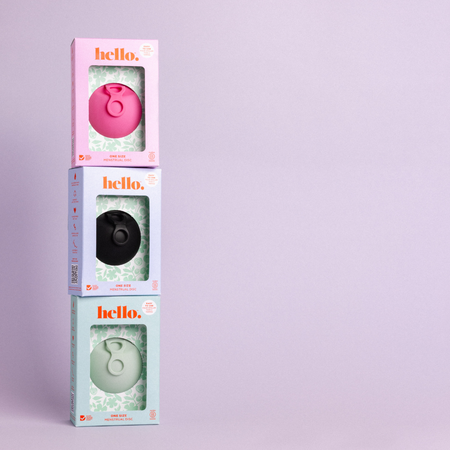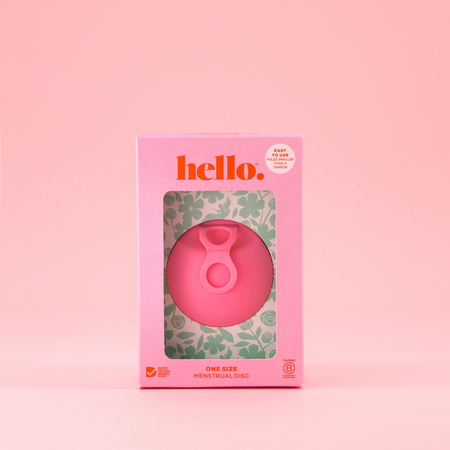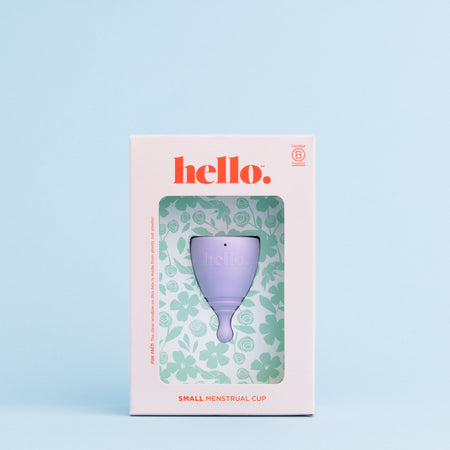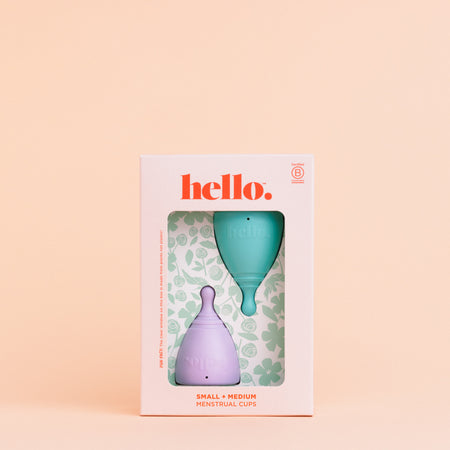Help for Hormonal Sleep Problems
Can’t sleep? It could be your hormones.
Sleep disturbance is common during the premenstrual phase of the menstrual cycle and is usually the result of dropping progesterone or a histamine or mast cell reaction.
Sleep disturbance can also occur during perimenopause and menopause.
Hormonal sleep problems
PMS or PMDD
Premenstrual sleep problems are caused by one or more of the following:
- the steep drop in progesterone at the end of the cycle,
- hypersensitivity to the ups and downs of progesterone or
- a premenstrual histamine or mast cell reaction.
Perimenopausal sleep problems are caused by losing progesterone which results in a recalibration of the brain and stress response system. Perimenopause can also be a time of mast cell activation or high histamine, which further worsens sleep.
Menopause
Menopausal sleep problems are caused by losing both progesterone and estrogen which results in changes to the part of the brain that controls circadian rhythm. Losing estrogen can cause sleep maintenance insomnia, which means waking at 2 or 3 am. Fortunately, the brain can adapt to low estrogen and then sleep usually goes back to normal.
Sleep solutions
Start with the usual sleep-enhancing techniques of exercise, morning light, and sleeping in a dark room.
You may then want to try one or more of the nutritional supplements that calm GABA receptors in the brain. They include magnesium, taurine, vitamin B6, and the amino acid glycine.
👉 Taking 3 grams of glycine every night has personally done wonders for my sleep.
If you suffer headaches or other signs of mast cell activation or high histamine, lowering histamine could be the key to restoring healthy sleep.
Finally, consider hormone treatment. Body-identical progesterone capsules work best for premenstrual or perimenopausal sleep problems but a combination of estrogen and progesterone may be needed for the 3 am awakening of menopause.
For more from Lara, head to www.larabriden.com, follow her on Instagram, or get hold of a copy of her amazing books, The Period Repair Manual and The Hormone Repair Manual.

